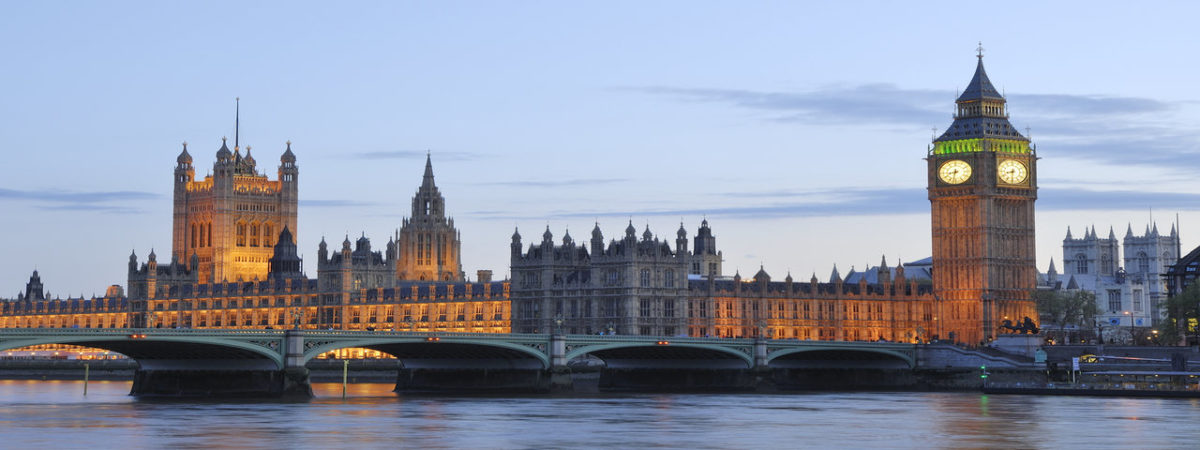Major analysis of NHS reveals 9,000 unnecessary deaths a year
SUGGESTED

New IEA paper calls for greater devolution and fiscal decentralisation

Remove government interference from the setting of rail fares

New IEA report compares the performance of the NHS to that of its European counterparts
In a new report, What are we afraid of? Universal healthcare in market-orientated health systems, Dr Kristian Niemietz outlines how adopting a pro-market agenda in health would result in improved quality of care, greater patient choice and efficiency gains. Calls for NHS reform are often dismissed on the grounds that an American-style system is the only alternative. Various healthcare systems exist, however, that guarantee universal coverage and equal access of care.
Although the level of central planning varies between countries, the success of SHI systems illustrates that considerable gains are to be had from incorporating the private sector into healthcare. Despite one fifth of German hospitals being for-profit and fewer than half of them being owned by the government, the UK lags behind Germany on both cancer and stroke survival rates.
With the exception of healthcare, international best practices are being discussed in most policy areas. While the NHS shouldn’t necessarily be a replaced with an SHI system, the UK has much to learn from Europe in order to get the most from its health service.
Current performance of the NHS:
- 9,000 more deaths occur each year in the UK than would have if the performance of the NHS had matched that of the German system, in terms of avoidable mortality.
- Cancer survival rates in the UK are low by international comparisons. Between 2007 and 2012, the UK recorded lower survival rates for breast, cervical and colorectal cancer than Germany and the Netherlands.
- Compared to patients in Germany, the Netherlands and Switzerland, patients in Britain are generally less likely to survive a stroke.
- Germany and Switzerland outperform the UK on clinical quality and safety. Out of all three countries in 2012, post-operative complications were most prevalent in the UK.
- The UK is an average performer when it comes to minimising health inequality. Conversely, Germany, the Netherlands and Switzerland rank among the most equitable in the world according to the OECD.
Success of Social Health Insurance systems:
- Universal coverage – The NHS is not the only system to ensure universal coverage. The existence of subsidies to low income households means that SHI systems guarantee the most vulnerable have coverage. Banning insurers from rejecting applicants on the basis of pre-existing health conditions also prevents companies ‘cherry-picking’ low-risk clients.
- Patient choice – Under SHI systems, patients can decide the type and scope of health cover they receive. In Switzerland, residents can opt for varying degrees of choice over which providers they can see and are free to choose how extensive they want their insurance to be depending on personal circumstances.
- Market discovery – Experimentation with different methods of healthcare delivery has been made possible by the private organisation of hospitals and insurers in the Netherlands. As a result the overall quality of care has improved. Albeit in a different way, the same is true in Switzerland, where different models of organising healthcare provision can be tried and tested side by side.
Commenting on the report, Mark Littlewood, Director General at the Institute of Economic Affairs, said:
“When it comes to proposing serious solutions to enhance the quality of the NHS, politicians have been blind to the experiences of our European counterparts. The success of Social Health Insurance systems in Europe shows that, rather than being at odds with high quality care, combining different sources of funding has led to empowered patients and superior performance.
“The UK has much to learn from alternative models of healthcare and these lessons would dramatically improve the present state of the NHS.”
Notes to Editors:
To arrange an interview about the report please contact Camilla Goodwin, Communications Officer: cgoodwin@iea.org.uk or 07821 971 443.
The full report, What are we afraid of? Universal healthcare in market-orientated health systems, by Kristian Niemietz, can be downloaded here.
9,000 unnecessary deaths reflects the fact that on a measure of mortality amenable to healthcare, the UK could avoid 14 unnecessary deaths per 100,000 inhabitants each year if it rose to the standard of the SHI countries. For more details, see page 20 of the report.
The mission of the Institute of Economic Affairs is to improve understanding of the fundamental institutions of a free society by analysing and expounding the role of markets in solving economic and social problems.
The IEA is a registered educational charity and independent of all political parties.



